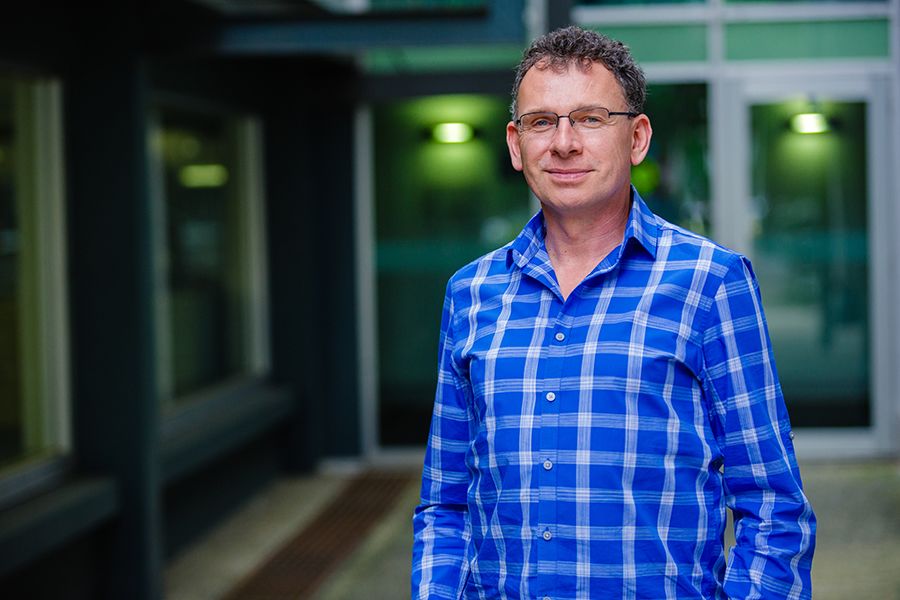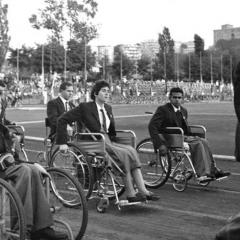
Each month we shine the spotlight on a researcher within the Faculty of Health and Behavioural Sciences.
This month we caught up with Associate Professor Gary Osmond, ARC Future Fellow at the UQ School of Human Movement and Nutrition Sciences.
What are your key research interests?
My current research focus is on Indigenous sport history in Australia, particularly in Queensland during the ‘Protection Era’ that spanned most of the 20th century.
I am also interested in visual representations of sport, race and racism, and have an ongoing project that explores early Australian swimming and surfing cultures.
Can you share some of your career highlights so far?
Research collaboration in Australia and internationally is a continuing highlight. Specific ‘up-there’ moments have included receipt of an ARC Future Fellowship in 2017 and the award of a NSW Premier’s book award for my co-authored (with Matthew Klugman of Victoria University in Melbourne) book Black and Proud about the images of AFL footballer Nicky Winmar’s on-field protest against racism in 1993.
What aspects do you enjoy most about your work?
Research can be both collaborative and solo, and I enjoy both aspects of the work – sharing ideas and outputs and privately investigating, imagining and creating. I think the creative dimension of research is not well understood, and for me it’s vital.
Has your career taken you to any interesting, far-flung locations?
I have been privileged to have been invited into several Aboriginal and Torres Strait Island communities. Sharing histories and stories about the sporting past with those communities and individuals is among my most interesting research experiences.
Over the years, my aquatic research has led to some memorable encounters in places as far-flung as the Solomon Islands, the Bahamas, England, Hawaii and other places in the USA.
What advice would you give to someone thinking about a research career?
Find a good mentor and/or supervisory team, don’t limit your imagination and research too narrowly – be prepared to dart down rabbit holes in pursuit of ideas and topics that stimulate you – and write, write, write.
If you weren’t a researcher, what do you think you would be?
I would probably be a teacher, which is where my career began: I came to Australia in the 1980s from Canada as a teacher trained at the University of Toronto. Translating research into teaching is a challenge that helps personalise pedagogies for both students and teachers.




